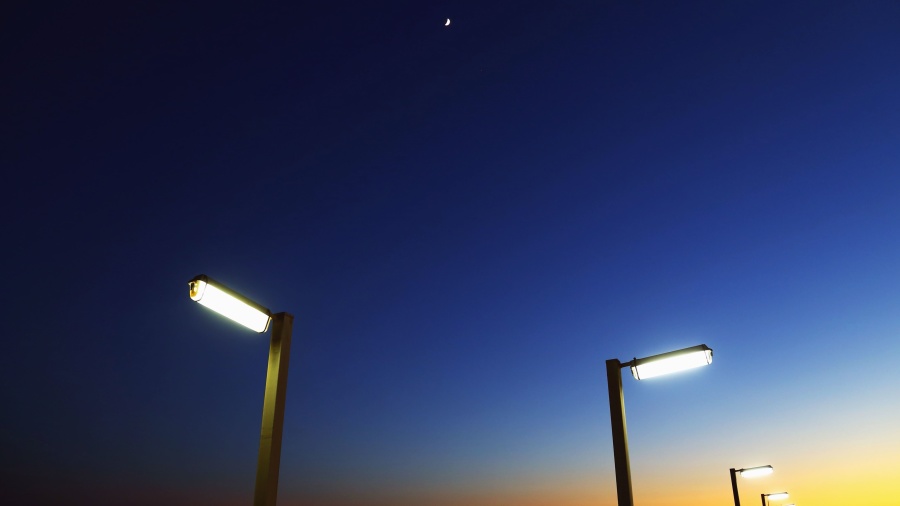Support quality, independent, local journalism…that matters
From just £1 a month you can help fund our work – and use our website without adverts. Become a member today

A pledge to switch street lights back on could come at a financial and environmental cost to Newport City Council.
Street lights in Newport are currently switched off between midnight and 6am daily, except those in the city centre and along “highway safety critical areas”.
A cabinet report shows the local authority is considering three options following the council leader’s decision to light up the city.
Speaking in February, Cllr Dimitri Batrouni – who took up the top job last year – said the council planned to “switch every other street light back on” between midnight and 6am – a move he said was “directly due to residents asking for it to be done”.
He included the street light policy in his so-called “bread and butter budget” he later said “delivers what matters to residents across the city”.
But the new report shows the policy could be an expensive one, and require the council to purchase new light-sensitive cells to fit on thousands of street lights across the city.
The first option is to follow through on Cllr Batrouni’s statement and switch alternate lights back on overnight.

This will cost the council an initial £320,000 to buy and fit those cells.
The work could take 15 months to complete, and the subsequent bill for running those street lights is estimated at £139,000 a year.
A second option would involve reducing the hours the city’s street lights are turned off.
The council estimates cutting this by one hour a night – and switching all lights back on at 5am instead – will cost an initial £640,000 to buy and fit the new cells, and then an extra £47,000 in energy bills.
This option would also take 15 months to complete.
The report also notes the environmental impact of switching street lights back on, with the first option potentially increasing the council’s carbon dioxide emissions by 107 tonnes annually, and the second option risking a 36-tonne rise.
In either case, the council said an “alternative carbon saving would need to be found to offset this increase, if the council’s policy commitment to reach net carbon zero is to be unaffected”.
A third option going before cabinet members at an upcoming meeting is for the current street light switch-off hours to “remain unchanged”.
There have been various calls in recent years for the council to review its night-time street-lighting policy, amid safety concerns.
The new report said there were “no indicators” to suggest a link between part-time lighting and any crime increases in the city, but did accept studies “do not consider how people feel and their perceptions of a place, of crime and their willingness to be outside and participate in their local communities”.
Support quality, independent, local journalism…that matters
From just £1 a month you can help fund our work – and use our website without adverts.
Become a member today
